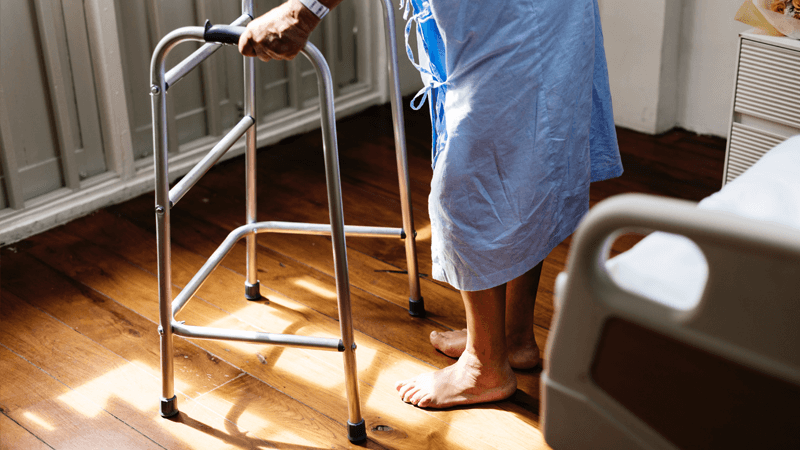One of the country’s top bioethicists has warned MSPs it risks putting the country on a path to euthanasia if it legalises assisted suicide.
Writing in The Scotsman, Dr Antony Latham, Chair of the Scottish Council on Human Bioethics, said that in countries where euthanasia (the active killing of a patient) and assisted suicide (helping a patient to kill themselves) have been legalised, the criteria for who can be killed or helped to kill themselves are widened over time.
He said the evidence confirms that warnings over Scotland being “on the threshold of a slippery slope” are not ‘scaremongering’, but “merely examining the facts”.
‘Unable to consent’
Dr Latham explained that in the Netherlands, “we have seen euthanasia and assisted suicide moved from those who are terminally ill, to those who are chronically ill”, adding that the practices “are no longer for only physical illness but can be for psychological distress on its own”.
He said there has been a notable increase in those with dementia seeking to be killed, and that Dutch protocols “have moved from conscious patients who give consent, to unconscious patients unable to give consent”.
Euthanasia for babies under one was legalised in the Netherlands as far back as 2005, meaning severely disabled infants may also be killed at the request of their parents.
Held down
In Belgium, the ethicist said, euthanasia often goes unreported. Patients are heavily sedated before having their nutrition and hydration withdrawn.
Patients can sign ‘advanced directives’ in these countries, meaning that if they lose the capacity to consent, they will be euthanised as per their original wishes.
However, Dr Latham pointed out this can be seriously abused, as was the case in 2019 when a patient with an advanced directive became “severely demented” but was “not obviously depressed”. She was forcibly held down while the lethal injection was administered.
Creating tragedy
The former GP said: “In countries where euthanasia and assisted suicide are legal, the fear of being a burden on loved ones is a significant factor in agreeing to such a death. Yet allowing oneself to be a ‘burden’ is surely an important aspect of normal loving relationships, where we depend on family and others to care for us”.
He explained that while non-assisted suicide rates are dropping across Europe, the rate is increasing in the Netherlands. Dr Latham said this is “very likely reflecting an overall acceptance of the unacceptable belief that lives can become unworthy of life and that suicides are normal”.
He concluded: “Our society rightly sees suicide as a tragedy, but once legalised, this tragedy may become more ‘acceptable’. Let us not, therefore, blindly follow a slippery downhill path leading to the dangerous consequences seen so clearly in Belgium and the Netherlands.”
‘Let there be no death-clinics in Jersey’, RC Bishop warns
‘People with mental illness need healthcare not assisted suicide options’
Poor mental health and poverty enough for assisted suicide in Canada
‘Inconvenient lives’: Stark warnings from Canada’s assisted suicide practices



